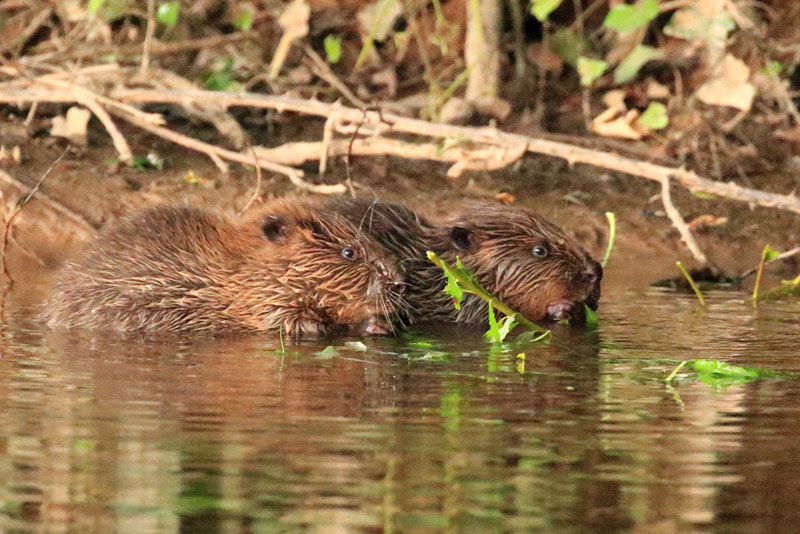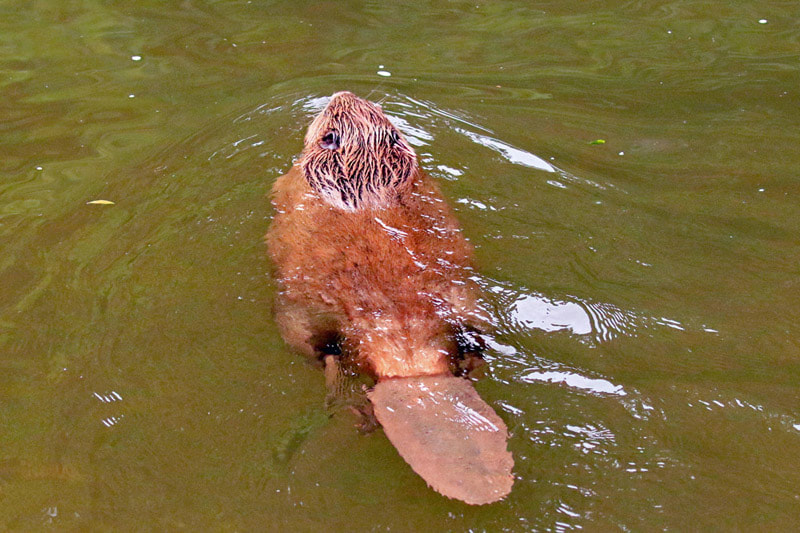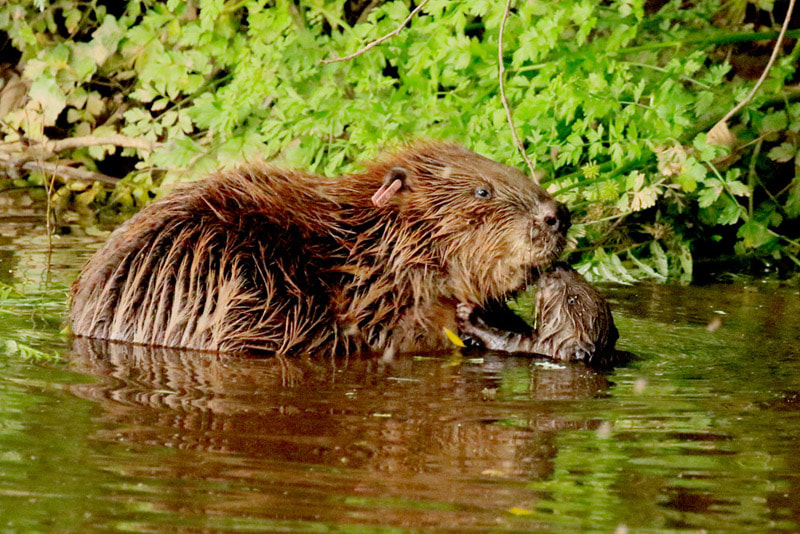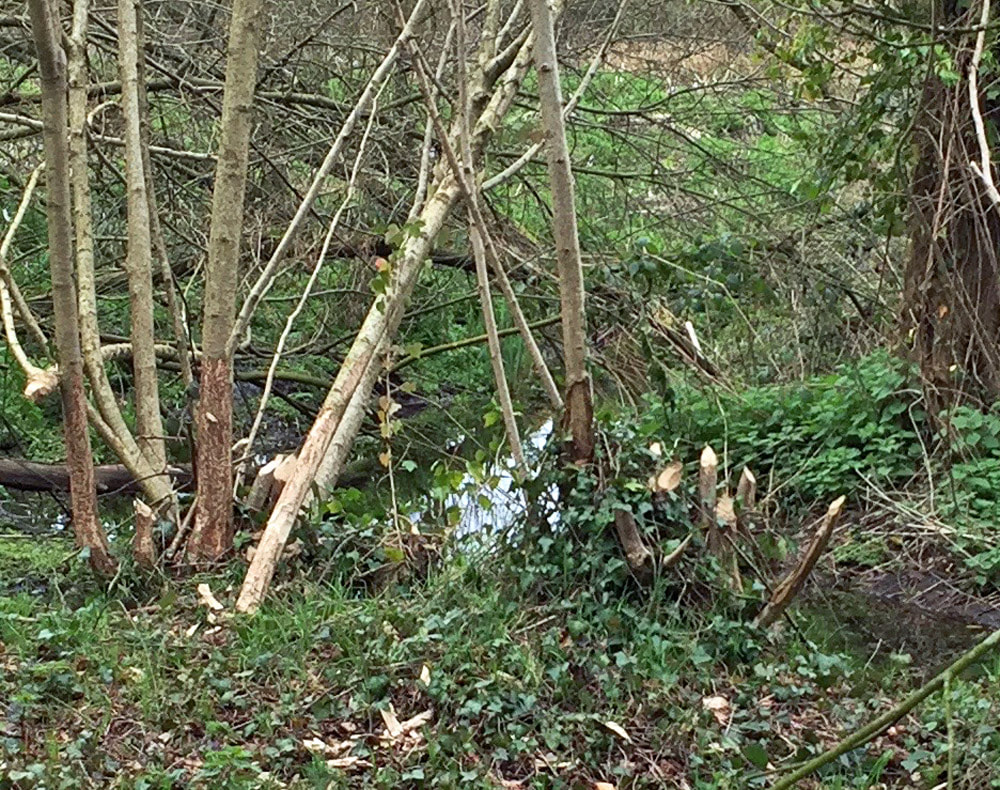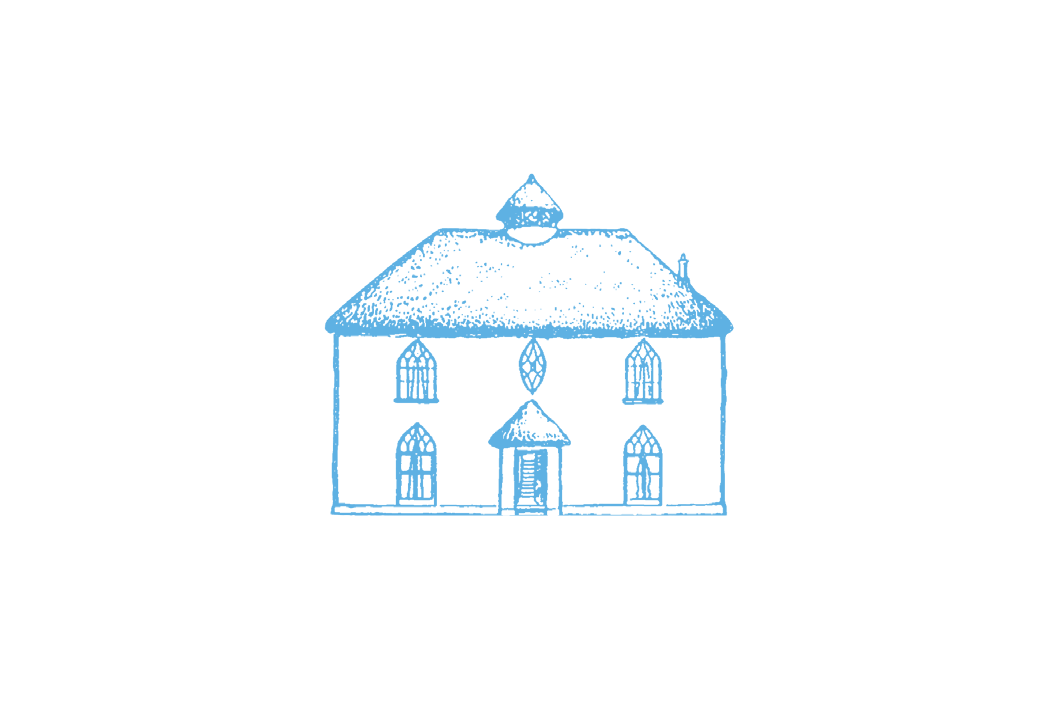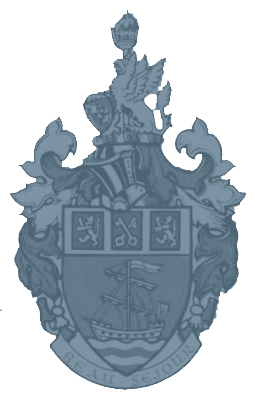nature: BEAVERS ARE BACK
|
The delightful River Otter meets the sea at the eastern end of Budleigh Salterton beach and a walk along the riverbank often rewards wildlife enthusiasts with sightings of interesting birds, insects, reptiles and mammals. Recently its claim to fame has been as the home of the first wild beavers to live freely in England since the species went extinct 400 years ago. This pioneering re-wilding project has led to more beaver introductions on river systems up and down the country, recognised native species status and legal protection.
The story begins when the river was secretly ‘beaver-bombed’, presumably by re-wilding enthusiasts, as far back as 2008. Probably four adult Eurasian beavers (Castor fiber) were released into the river and they soon began to breed. Then in 2015 an official reintroduction trial began. For a while the animals' fate hung in the balance, but in the summer of 2020 the government decided they could stay. There are currently at least 20 beaver territories, comprising more than 50 individuals, many in headwater streams and ponds throughout the River Otter catchment area, while some family groups remain in the main river where they can sometimes be observed from the footpath. The beavers are now free to colonize other rivers in the southwest and they are described as a 'keystone' species because of the beneficial impact they have on other wildlife. Beavers were once native to Britain but they were hunted for their meat, fur and scent glands. Their natural, non-human predators were wolves, brown bears and lynx. In 2014 the informal reintroduction was seen as a good opportunity to assess scientifically the potential benefits and drawbacks of bringing them back. Allowed to colonize a modern river system, what impact could beavers have on water management, wildlife diversity and nearby agriculture? |
With the agreement of the Department for Environment, Food and Rural Affairs (DEFRA) and Natural England, the Devon Wildlife Trust (DWT) www.devonwildlifetrust.org and the major landowner Clinton Devon Estates (CDE), a five year River Otter Beaver Trial (ROBT) began in 2015. Several organisations were involved in monitoring the trial including the Centre for Resilience in Environment, Water and Waste (CREWW) at the University of Exeter and at the end of February 2020 a report was published and presented to DEFRA. DEFRA extended the trial until the end of Summer 2020 and then announced the beavers could stay.
There is no doubt that the River Otter and its tributaries suit the beavers, but their foraging and water engineering activities have challenged a few residents and land users. Beavers are herbivores and can be partial to fruit trees and maize crops. They burrow into riverbanks and like to create pools of deep water by building dams in tributaries, creating new wetland behind the dams. This cleans and slows the flow of water downstream and benefits other wildlife such as amphibians, trout and water voles, but it can flood or undermine agricultural land that was previously productive. Devon Wildlife Trust and the other ROBT partners have developed mitigating strategies such as the use of ‘beaver deceivers’ in some dams – these are buried pipes that stop the dams working as well as the beavers would like! Breaching the 200-year-old embankment near the mouth of the river in 2023 has allowed seawater to flood the plain at high tide, but the River Otter beavers do not seem to have headed upstream to fresher water as was anticipated. Wire protection has been placed around the trunks of several tasty trees near the White Bridge, where gnawing shows recent activity. HEADER PHOTOS CREDITS: David White
|
